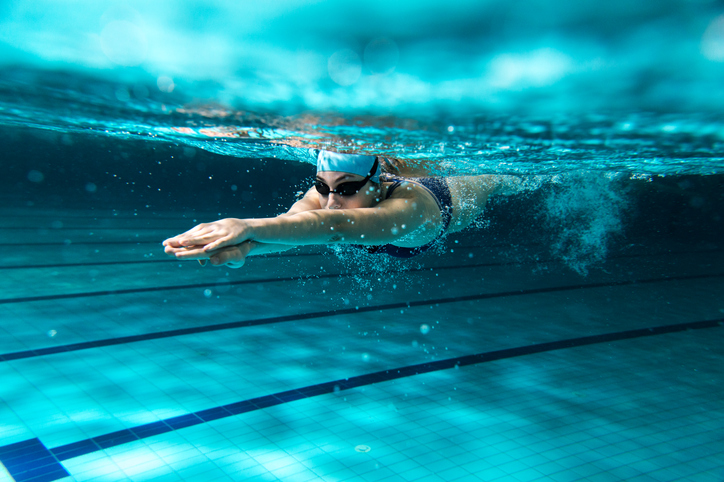
The link between health and diet is well established in nutritional science. When the body is placed under additional stress, that link becomes even more consequential. For athletes, the demands of sport require a greater source of energy and nutrients for the body to maintain the level of activity. A nutritionally adequate diet is the foundation of an athlete’s performance; it has a significant impact on the strength of the body and its ability to recover after exercising.
A thorough understanding of the interaction between diet, health, and exercise can help athletes develop optimal training programs, achieve a healthy weight, and reduce the risk of injury as they get older. Here’s a closer look at what those in a sport and nutrition program need to know.
Dietary Requirements for Training
Nutrition is essential for supporting the general health and training needs of athletes. A suitable diet – including carbohydrates, fats, protein, and micronutrients – should provide an athlete with enough energy to meet the demands of exercise. Additionally, a basic training diet should:
- Enhance recovery between training sessions
- Enable athletes to achieve optimal body weight
- Provide adequate fluids to ensure maximum hydration
- Promote the short and long-term health of athletes
Professionals with a sport nutrition certificate should work to adapt these considerations to an athlete’s body composition, the amount of time they spend training, and the type of sport they do. Generally speaking, an athlete’s energy intake should follow that of an average adult:
- 55-65% from carbohydrates
- 10-35% from protein
- 20% from fat

Athletes must consume a diet rich in carbohydrates, protein, fats, and micronutrients
The Importance of Meal Timing
The timing of meals and snacks is just as important as their nutritional compounds when it comes to improving athletic performance, reducing fatigue, and achieving the optimal body composition. The timing of meals depends upon the type of activity that the athlete performs.
For strength athletes, it’s recommended to consume carbohydrates and protein up to four hours before exercise and up to two hours after. By contrast, endurance athletes should aim to consume a high carbohydrate diet with a small amount of protein around one to four hours before exercise.

Those with a nutritionist certificate should pay attention to meal timing when advising athletes
Consuming meals within the right time frame has a significant impact on both the performance during activity and the recovery after. Some athletes may find that consuming meals too close to exercise can cause digestive discomfort that hinders their athletic performance. For that reason it is important to view diet as a personal and adaptable need. Students in sport and nutrition training will explore the metabolic demands of exercise and learn to conduct a nutritional assessment to determine an appropriate diet plan for individual athletes.
Tailoring Diet to Different Types of Sport With a Nutritionist Certificate
The nutritional requirements of different athletes is heavily influenced by the type of sport they do. Those who are training at an extreme level may find it difficult to consume enough nutrients to meet their energy requirements without causing discomfort during exercise. In those cases, nutritional supplements may help individuals to meet their nutritional needs.

Different types of exercise place different nutritional demands on the body
For competitive swimmers, consuming enough calories is especially important. By example, Olympic level swimmers burn a staggering 3,000 to 10,000 calories per training day. Those athletes require much greater levels of fuel. Good choices for re-fuelling are easily digestible carbohydrates, including:
- Pasta
- Bananas
- Muffins
- Sandwiches
Students in sport and nutrition training will cover modules exploring the varying nutritional needs of endurance athletes, strength athletes, and those performing intermittent exercise. As a professional in sport and nutrition, you will be able to work with clients to plan a dietary strategy that is tailored to their body, sport, and schedule.
Are you ready to start your career with a nutritionist certificate?
Contact the Academy of Applied Pharmaceutical Sciences to get started!



